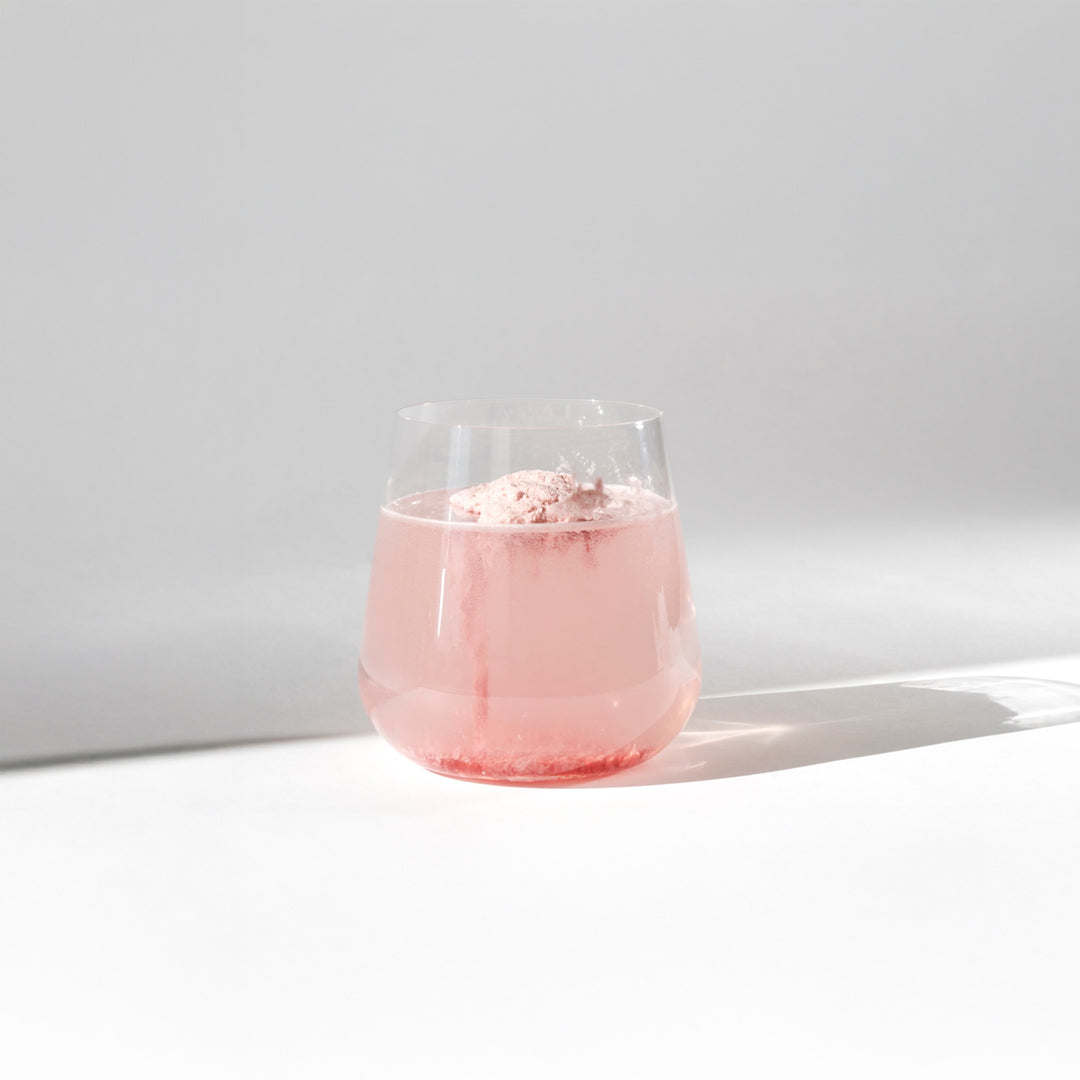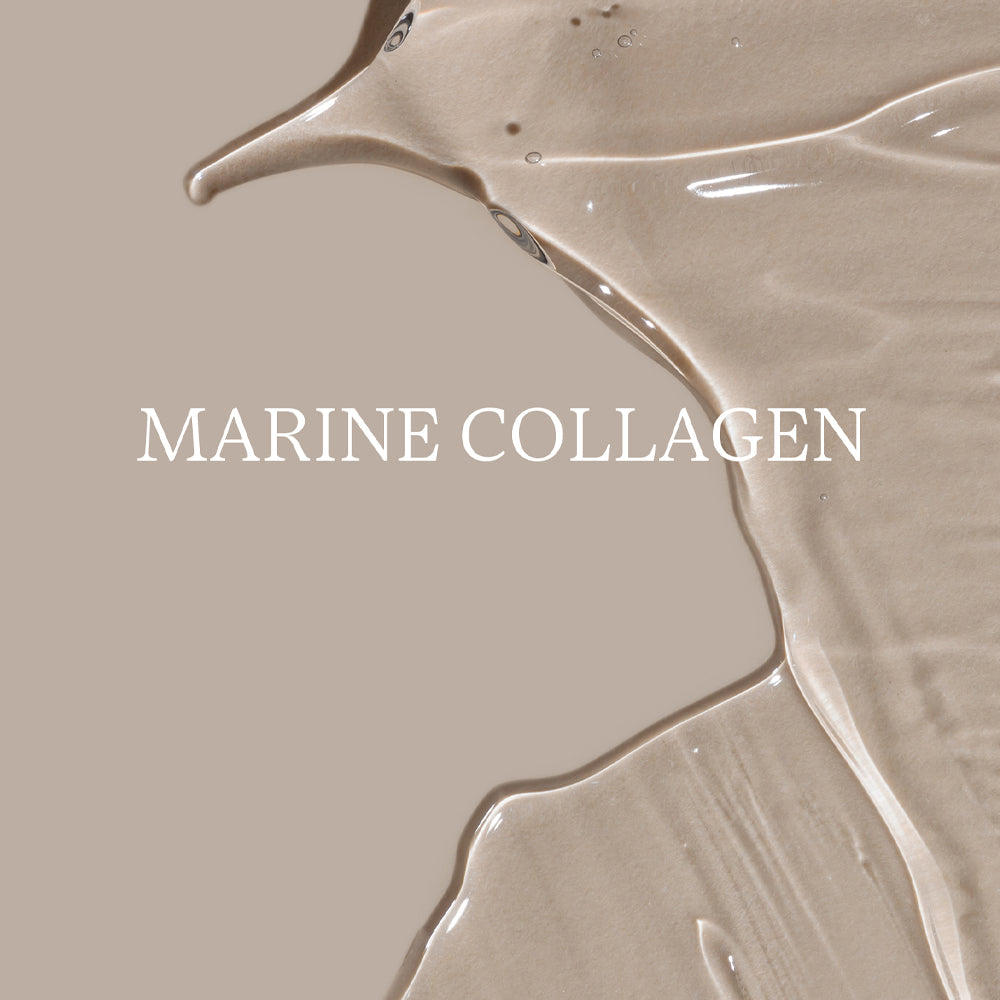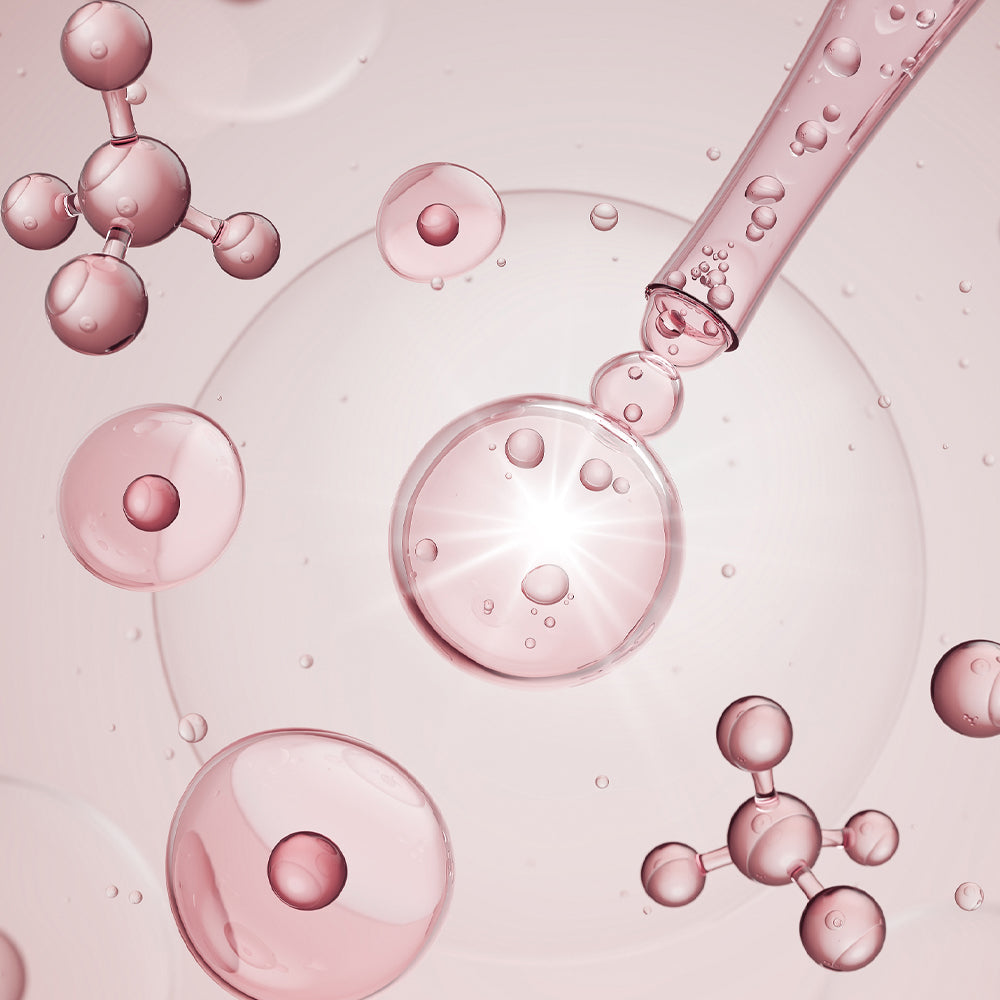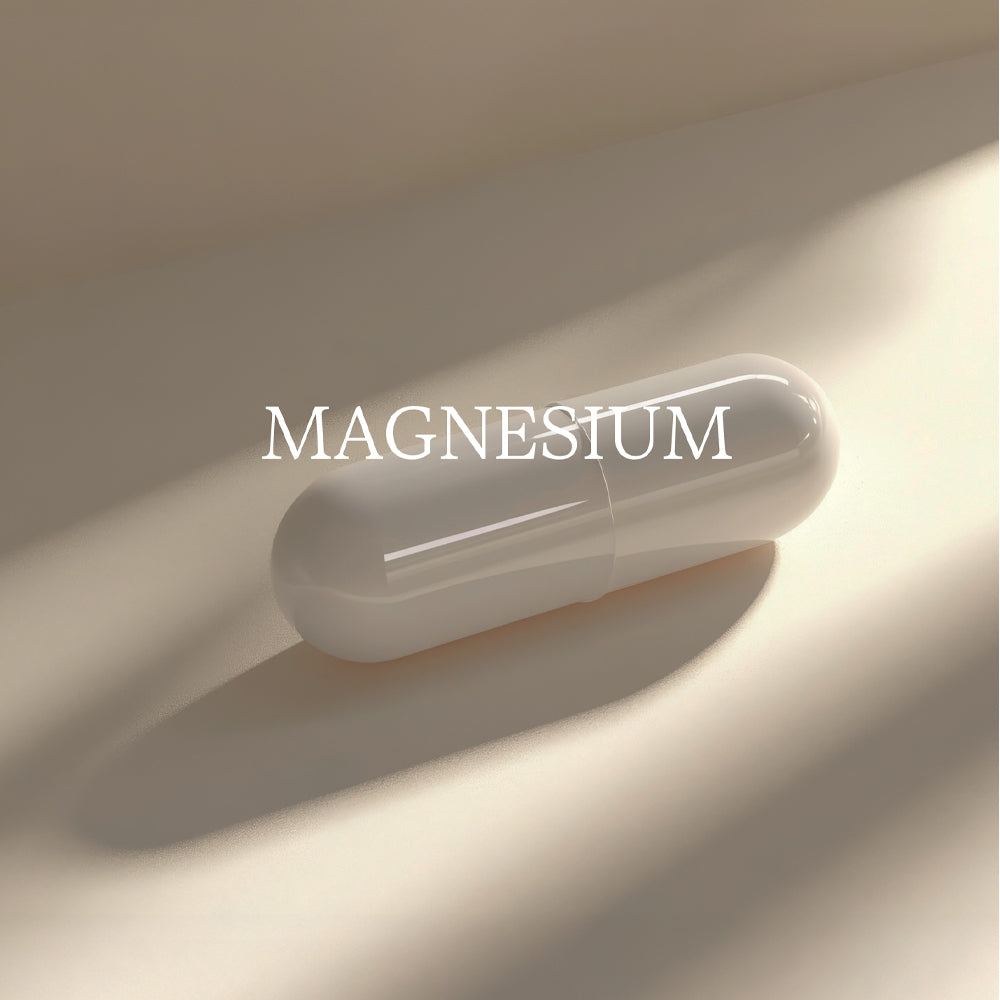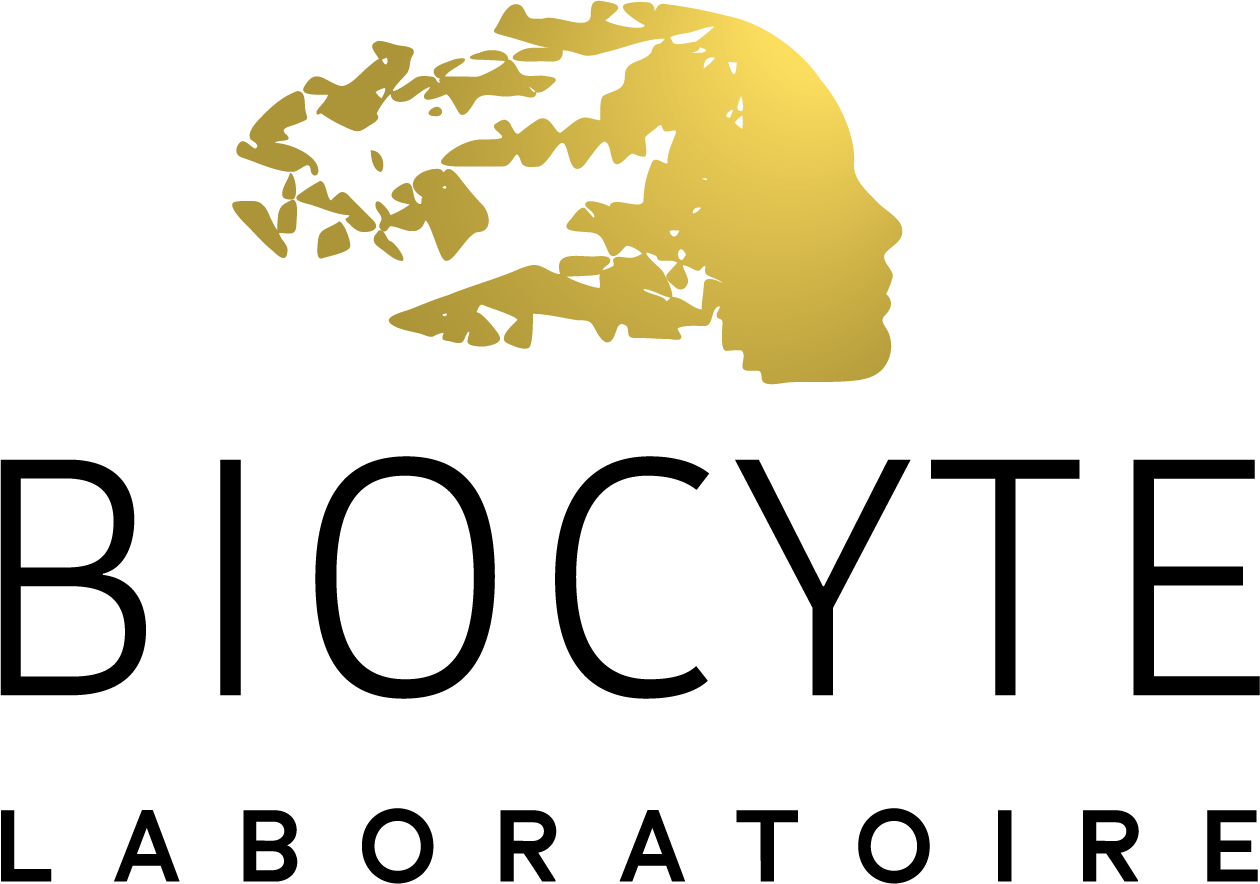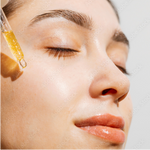Conseils d'expertsSoothe your sensitive skin
By Frédéric Levy, co-founder of Biocyte and doctor of pharmacy
Updated on 23/02/2021
Reading time: 1 min
What solutions are there to soothe and beautify sensitive skin?
Skin sensitivity is a condition that can affect any skin type. Hyper-reactive, sensitive skin is prone to various discomforts such as itching, burning sensations, and tingling. Redness can also appear when the skin is exposed to certain stimuli. To restore comfortable skin, a course of dietary supplements is recommended. Also, pamper it with suitable cosmetics.
Which Biocyte products are suitable for my sensitive skin?
The weakening of the skin barrier is one of the main reasons for skin sensitivity. When the surface layers lose their ability to retain water, the skin quickly becomes dehydrated and fragile. For greater comfort, it is therefore important to optimize the hydration of the epidermis. The
Biocyte mask® treatment is your best ally for deeply hydrating the skin and fighting the signs of aging. This bio-cellulose mask from the Biocyte laboratory's
facial care range provides the 3 essential skin constituents: elastin,
hyaluronic acid , and collagen. Thanks to this contribution, this moisturizing treatment gives a youthful look to the skin, whatever its type.
To
reduce facial redness and restore a radiant complexion, discover
Éclat Extrême® — capsules from Biocyte. Formulated with white tomato, white mulberry, and a unique complex called SkinAx2®, this
skin food supplement not only reduces
dark spots and facial redness , but also helps restore luminous skin. It is ideal for sensitive skin. For optimal effectiveness of the food supplement, respect the recommended duration of the treatment. Strictly follow the indicated dosage.
How to pamper your skin every day?
For sensitive skin that feels comfortable and pleasant all day long, adopt a good
skincare routine . In the morning, start by thoroughly cleansing your skin with a gentle cleansing milk or micellar water. Choose formulas designed specifically for sensitive skin. Once it's clean, use a
moisturizer . These products come in a variety of textures. However, choose
moisturizer , which is creamier but easy to apply. Outdoors, protect your face from various aggressions by applying a sunscreen with a high protection factor. In the evening, rid your skin of impurities accumulated during the day by cleansing it with the same products used at the beginning of the day.
To avoid further irritating already sensitized skin, avoid rubbing it. Instead, gently rub the cotton pad over the skin in circular motions. Also, avoid washing your face with tap water—which is too rich in limescale—and attempting to cleanse it with a scrub. If this type of treatment is too abrasive, it can increase skin sensitivity. To refresh your face, use a thermal water mist.
What types of care should you prioritize?
When purchasing a product for your sensitive skin, pay close attention to its composition. Whenever possible, choose dedicated products that are fragrance- and preservative-free. The active ingredients in sensitive skin products have also been carefully selected for their ability to soothe the skin by deeply moisturizing and nourishing it. These ingredients include glycerin, which, when combined with film-forming agents, fights water evaporation. Also, look for products rich in restorative agents like fatty acids and moisturizing agents like hyaluronic acid. To soothe sensitive skin, choose products that also contain active ingredients with soothing properties like allantoin.
Should you favor certain foods when you have sensitive skin?
For comfortable skin, choose foods rich in essential fatty acids like omega-3 and omega-9. These elements help optimize the skin's water resistance. To do this, simply add two tablespoons of walnut oil to your salads every day. Rapeseed oil, herring, sardines, and salmon also contain large amounts of essential fatty acids.
Generally speaking, due to their richness in vitamins and minerals, certain foods can help you have healthy skin and a radiant complexion every day. This is the case, for example:
— carrots, red peppers, spinach, apricots, papaya and melon, which contain many vitamins, mainly vitamin A, essential for good cellular health.
— Mushrooms, wheat germ and poultry offal which are particularly rich in vitamin B5.
